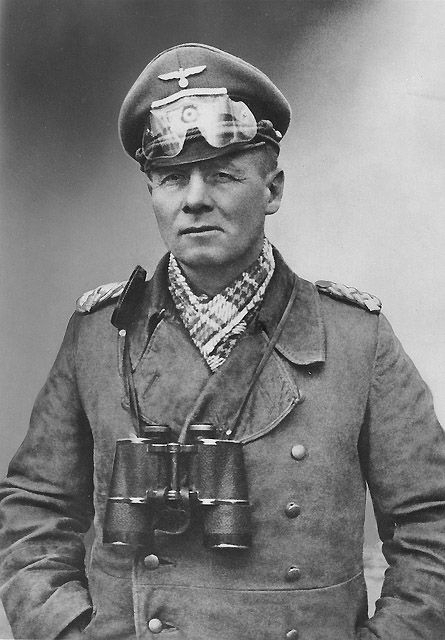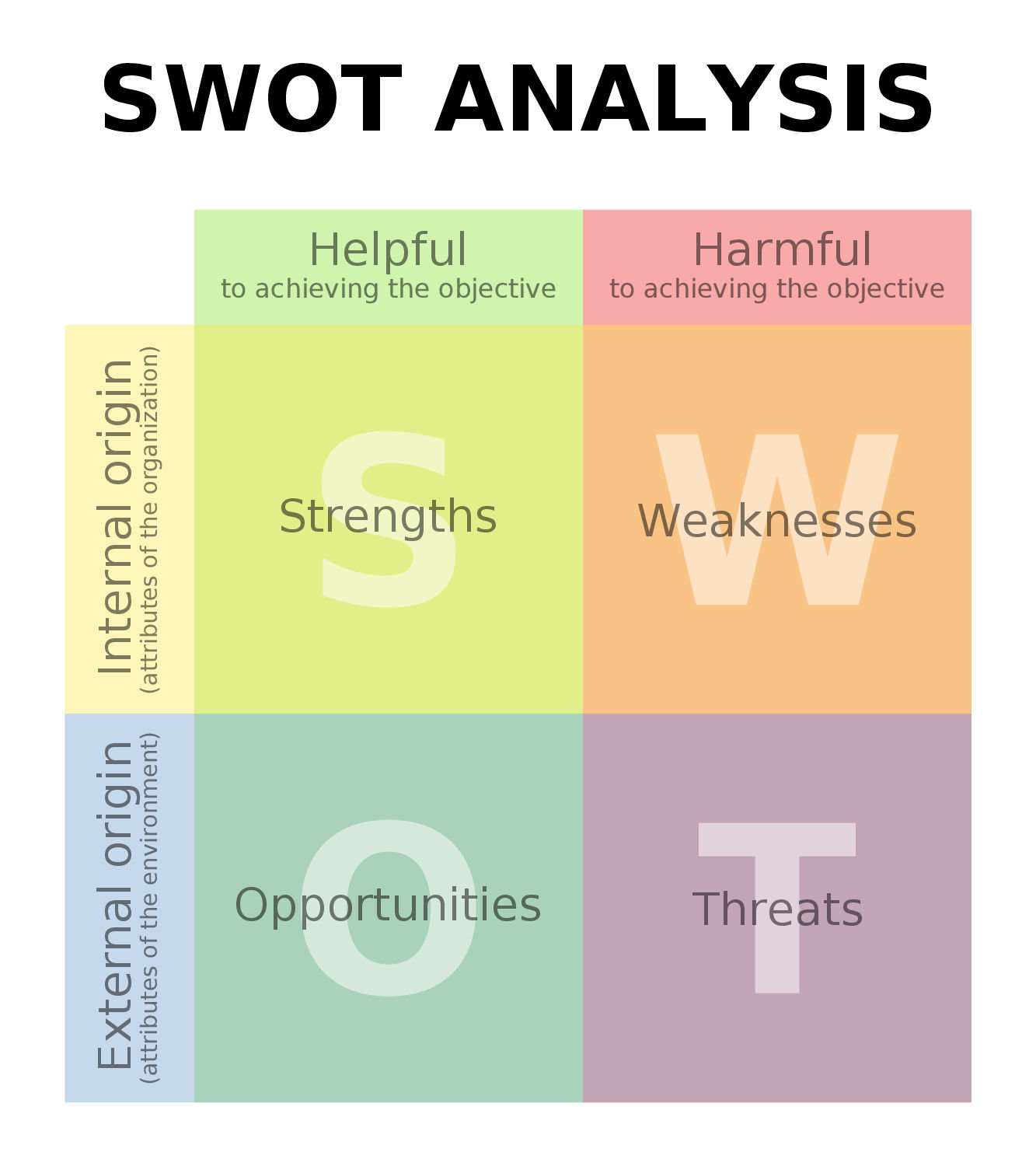When assessing one’s business competition, we often look at their strengths and weaknesses and attempt to predict how they will respond to various situations. Based on this information, we design a plan to deal with the competition. Yet, what happens when the competition acts in unpredictable ways?
Field Marshal Erwin Rommel was one of Germany’s most decorated officers. Why? Because his strategies were unpredictable. He earned the nickname “the desert fox” because of his cunning ability to catch the enemy off guard. Rommel would intentionally introduce chaos into the equation by being unpredictable and then act fast when an opportunity presented itself. As a junior officer, Rommel’s battalion took advantage of the terrain and they were able to plunge deep into enemy territory. Unfortunately, his rapid advanced was not met by similar advances by other German troops and soon his battalion was pinned down deep in enemy territory.
Most military commanders in the same situation would be faced with two basic options:
- Hold their ground until more German troops could catch up, but taking the chance that they would run out of ammunition before reinforcements arrived and surrender or be slaughtered.
- Retreat through a gauntlet set up by the enemy and certainly suffer huge casualties.
At least that was the two choices the enemy assumed a prudent commander would be faced with. Rommel defied this logic and rather then hold his position or retreat, he chose to advance his battalion even deeper into the enemy’s territory. Since the enemy was not prepared for this action, it did not properly defend itself for an advance. In short, Rommel’s actions caught the enemy completely off guard. Two and a half days later, his 150 men captured 81 enemy guns and over 9,000 enemy troops. The losses in Rommel’s battalion were only six dead and 30 wounded – a completely lopsided victory.
In another example, Rommel used deception to capture an entire division of 10,000 Italian infantry soldiers when he ordered his vastly smaller force to loop around a town in a parade of force. By circling his forces around the town, his enemy assumed he had an entire division at his command. Fearing annihilation by German troops, the Italian soldiers decided it was best to surrender. Similar tactics were used by Jeff Bezos, the founder of Amazon.com. Barnes and Nobel was the big player in the bookstore business. Upstart Amazon kept attacking Barnes and Noble in markets that it concluded were secure for competition. These attacks created chaos in the Barnes and Nobel world, which Amazon was quick to exploit.
Many observers of the Donald Trump election phenomenon attributed his election success to his unpredictable actions. His GOP opponents, such a Jeb Bush, the odds-on favorite to win the GOP nomination early on, and other Republican presidential contenders were constantly caught flat-footed and were picked off one after another. Acting in predictable ways makes a company an easy target for competitive countermeasures. However, if a business acts in completely unpredictable ways, they create chaos and confusion in the competition as they scramble to respond to the unpredictable threat.
Just like at the elite levels of poker, businesses can observe the competition’s responses and then, with careful positioning and quick action, can seize on opportunities as they present themselves. Keeping your competition off balanced and always guessing what you will do next is a powerful advantage. This is especially true if your competition is bigger, and as a result, slower to react to your unpredictable actions.
How can you be more unpredictable? Share your ideas on how you can be more unpredictable in the comment section below.












